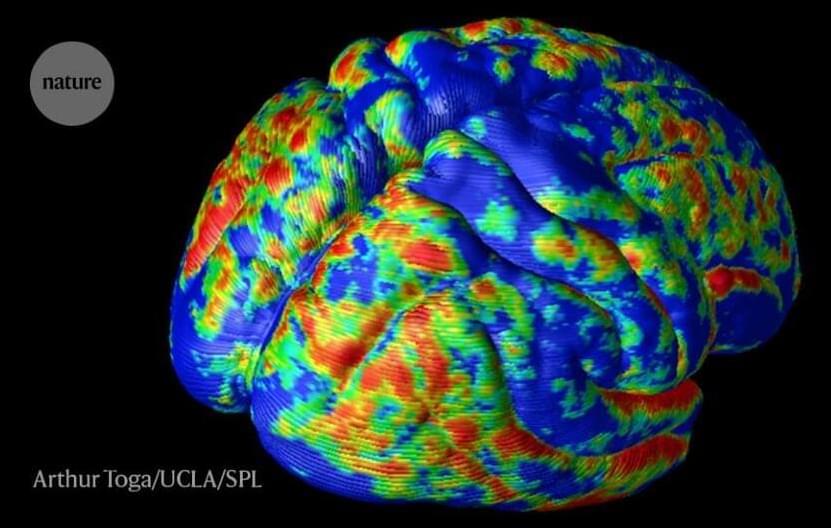The study’s authors compared the influence of two components of the brain’s physical structure: the outer folds of the cerebral cortex — the area where most higher-level brain activity occurs — and the connectome, the web of nerves that links distinct regions of the cerebral cortex. The team found that the shape of the outer surface was a better predictor of brainwave data than was the connectome, contrary to the paradigm that the connectome has the dominant role in driving brain activity. “We use concepts from physics and engineering to study how anatomy determines function,” says study co-author James Pang, a physicist at Monash University in Melbourne, Australia.
A model of the brain’s geometry better explains neuronal activity than a model based on the ‘connectome’.









Comments are closed.